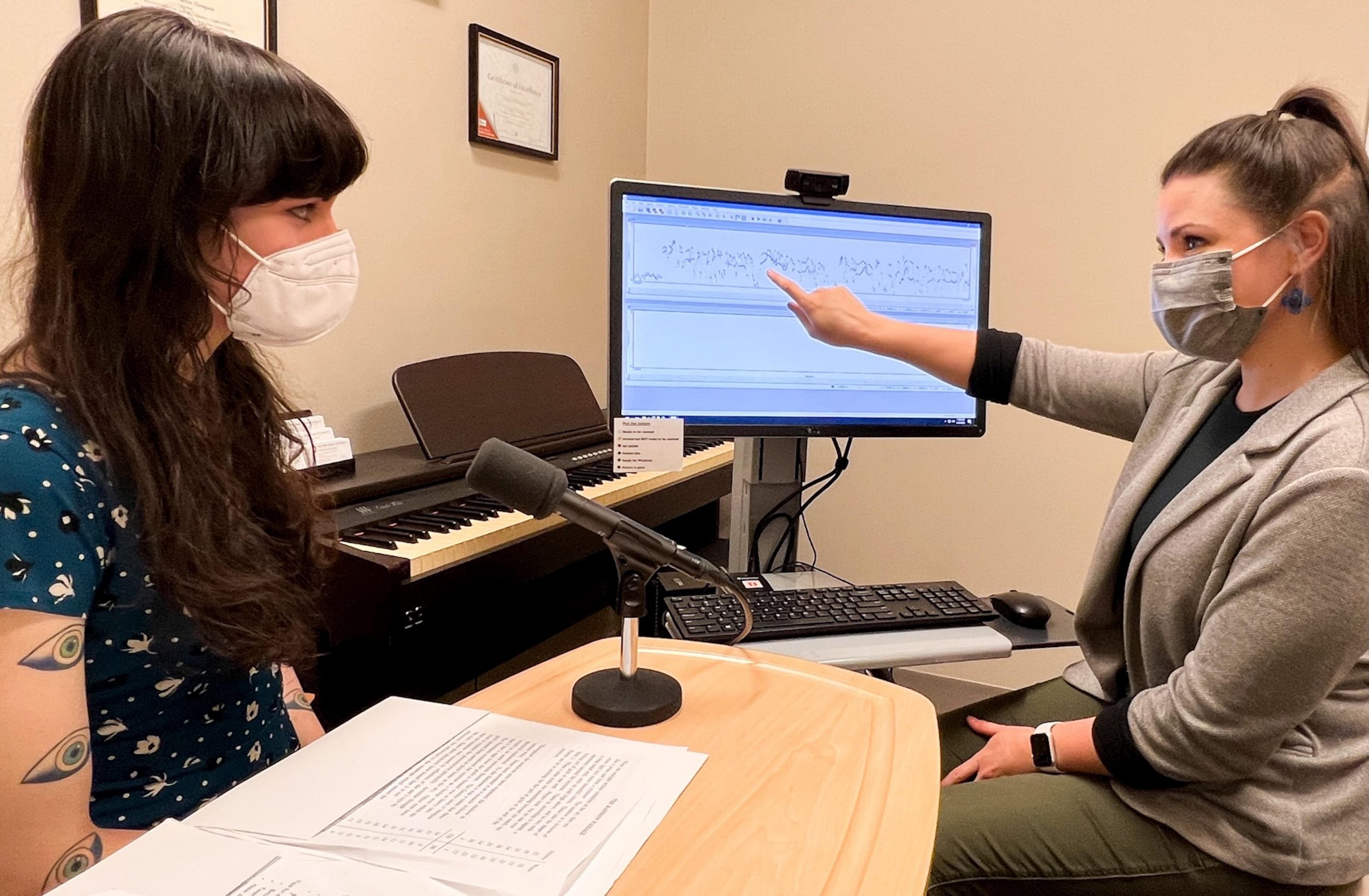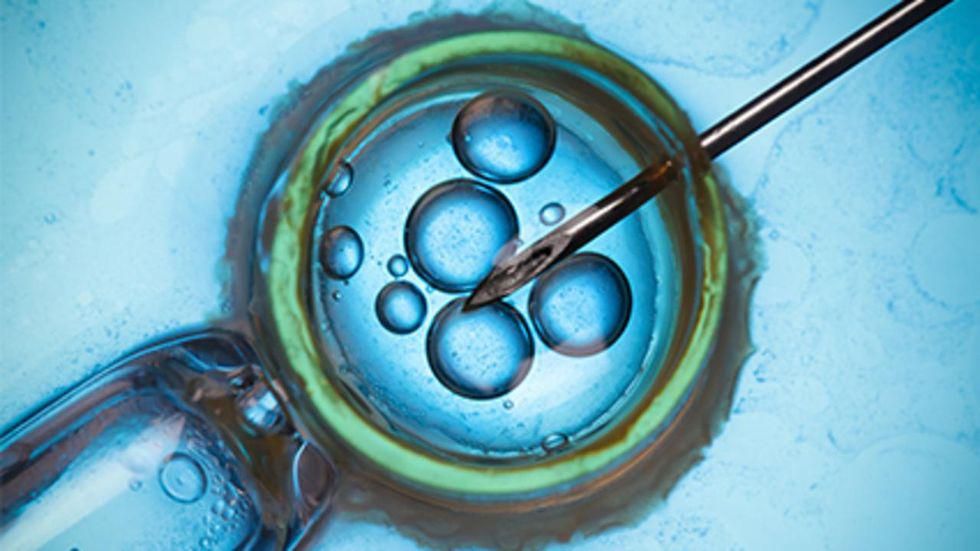
About eight months after Ari Toumpas, a transgender woman, began the process of transitioning both socially and medically, she began to think about her voice. A language teacher and graduate student at Ohio State University, Toumpas had been trying some vocal feminization exercises she had discovered online, but was not having success. A referral from… read on > read on >






























